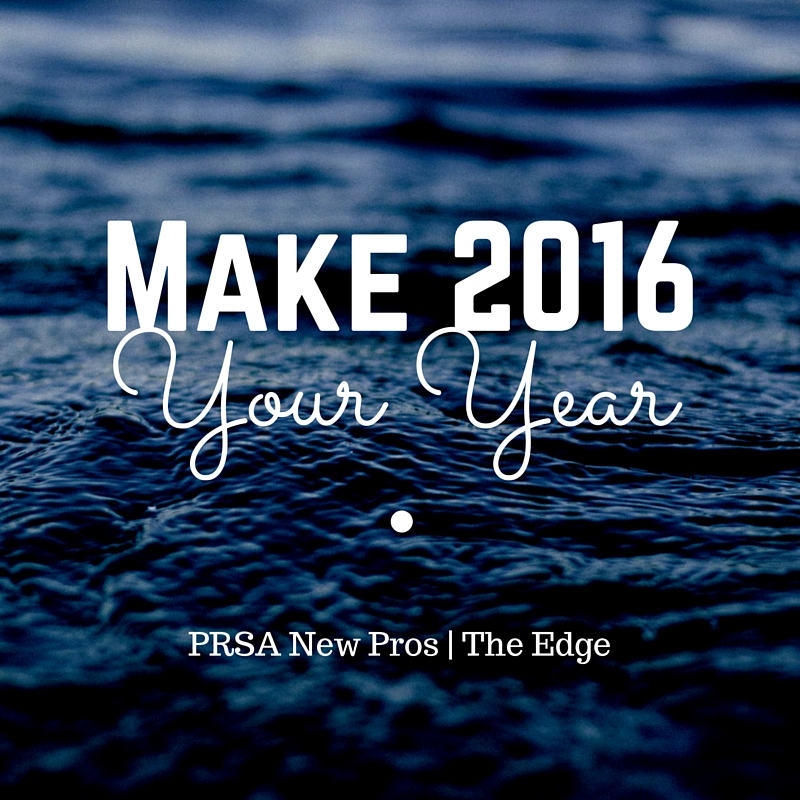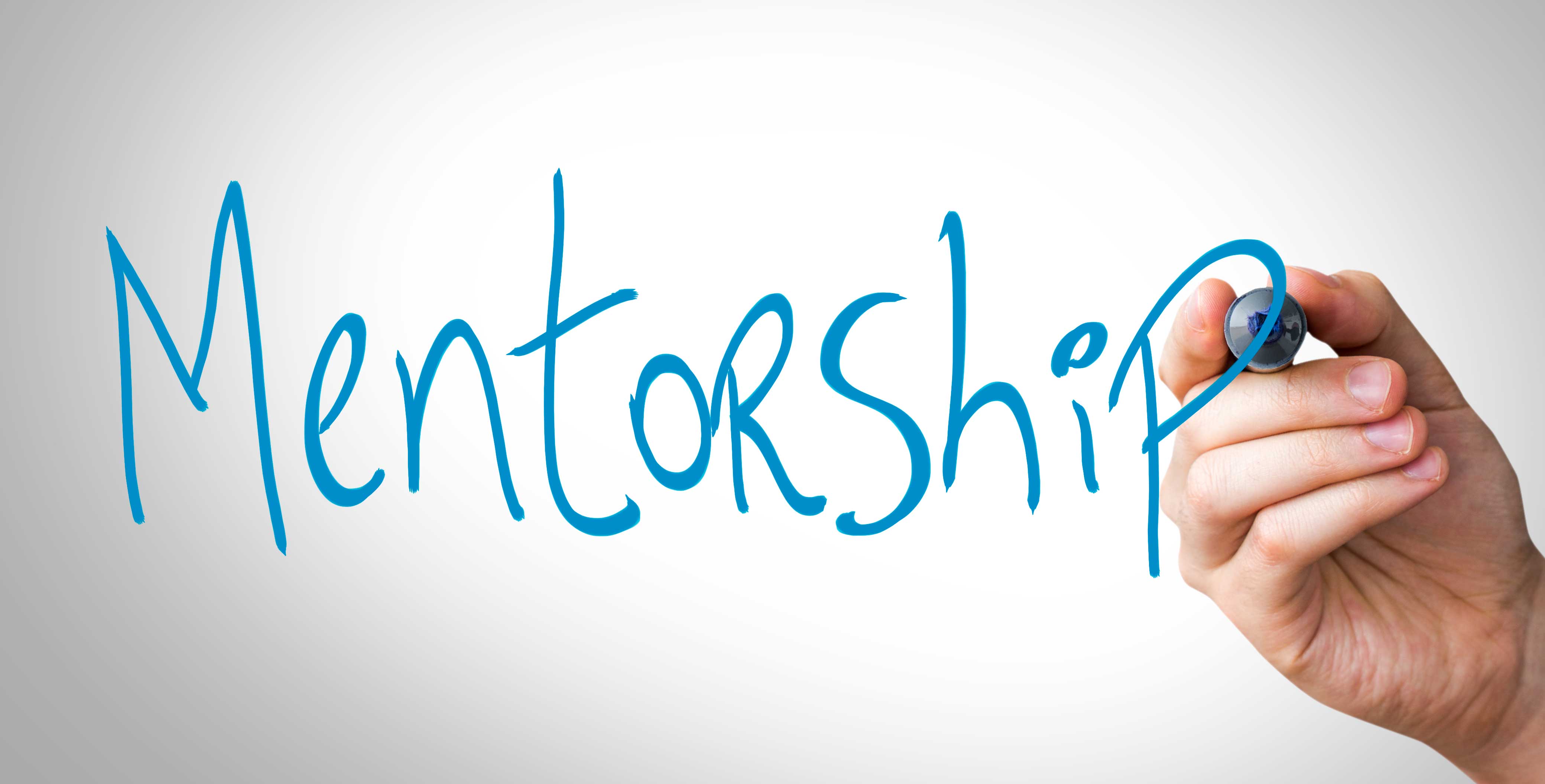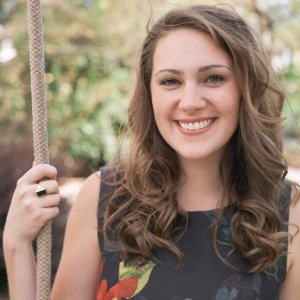Editor’s Note: This is guest blog #1 of three that David Grossman will be contributing. Stay tuned for the others this spring.
What does effective leadership look like today?
Over the past several years, the sheer volume of high-profile business leadership and ethics scandals has dominated our headlines, causing scores of people to ask, “What’s wrong with business leadership today?”
Some of the more recent scandals include Toyota concealing vital information about a car defect that caused cars to accelerate faster on their own, and GM replacing ignition switches that key company officials had known were faulty for years. Before that, there was money laundering at Enron, fraudulent accounting at WorldCom, securities fraud at Tyco, ethics and compliance violations throughout the pharmaceutical industry, and countless stories of executives inflating their resumes to present a more impressive public face.
That may leave young professionals wondering what it really takes to be a high-integrity, great leader in today’s business environment, when it seems so easy to stray from the right path. At the same time, there’s clearly a terrific need for great leadership that can elevate our business culture and transform organizations.
Given this reality, I’m very curious to know what you think:
How do you define leadership today?
What does it take to be a great leader? What are the most important qualities that great leaders possess? Are there leaders you admire, and if so, who are they and what have they done to impress you?
I welcome your thoughts on this important question. Send me your insights and I look forward to synthesizing your thoughts and providing my own answer to this question in my next blog.
So, let’s dialogue! What does it really take to be a great leader today?
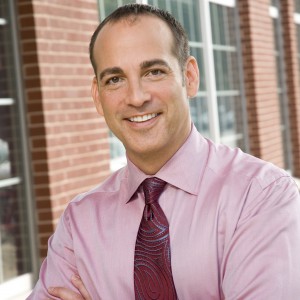 David Grossman, ABC, APR, Fellow PRSA is both a teacher and student of effective leadership and communication and helps leaders drive productivity and get the results they want through authentic and courageous leadership communication. He’s a sought-after speaker and advisor to Fortune 500 leaders. A three-time author, David is CEO of The Grossman Group, an award-winning Chicago-based strategic leadership development and internal communication consultancy; clients include: Hill-Rom, Eastman Chemical Company, Kimberly-Clark, McDonald’s and Motel 6, to name a few. His newest book, “No Cape Needed: The Simplest, Smartest, Fastest Steps to Improve How You Communicate by Leaps and Bounds,” was published in the fall of 2015 and recently won the Pinnacle Book Award for the “Best in Business” category. In addition, David teaches Internal Engagement at Columbia University, in New York City. To connect with David you can find him on LinkedIn and Twitter.
David Grossman, ABC, APR, Fellow PRSA is both a teacher and student of effective leadership and communication and helps leaders drive productivity and get the results they want through authentic and courageous leadership communication. He’s a sought-after speaker and advisor to Fortune 500 leaders. A three-time author, David is CEO of The Grossman Group, an award-winning Chicago-based strategic leadership development and internal communication consultancy; clients include: Hill-Rom, Eastman Chemical Company, Kimberly-Clark, McDonald’s and Motel 6, to name a few. His newest book, “No Cape Needed: The Simplest, Smartest, Fastest Steps to Improve How You Communicate by Leaps and Bounds,” was published in the fall of 2015 and recently won the Pinnacle Book Award for the “Best in Business” category. In addition, David teaches Internal Engagement at Columbia University, in New York City. To connect with David you can find him on LinkedIn and Twitter.

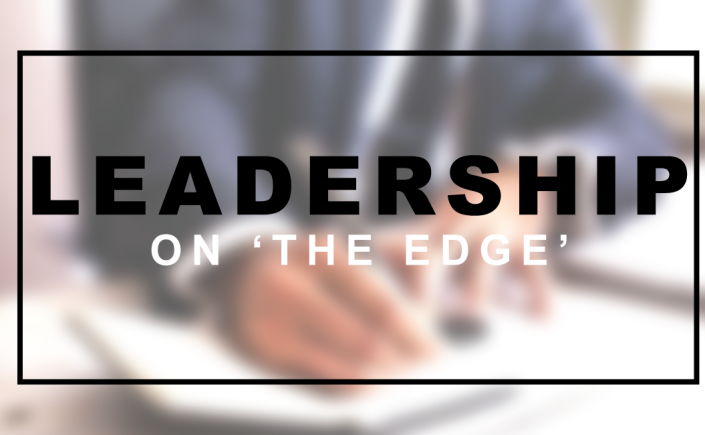
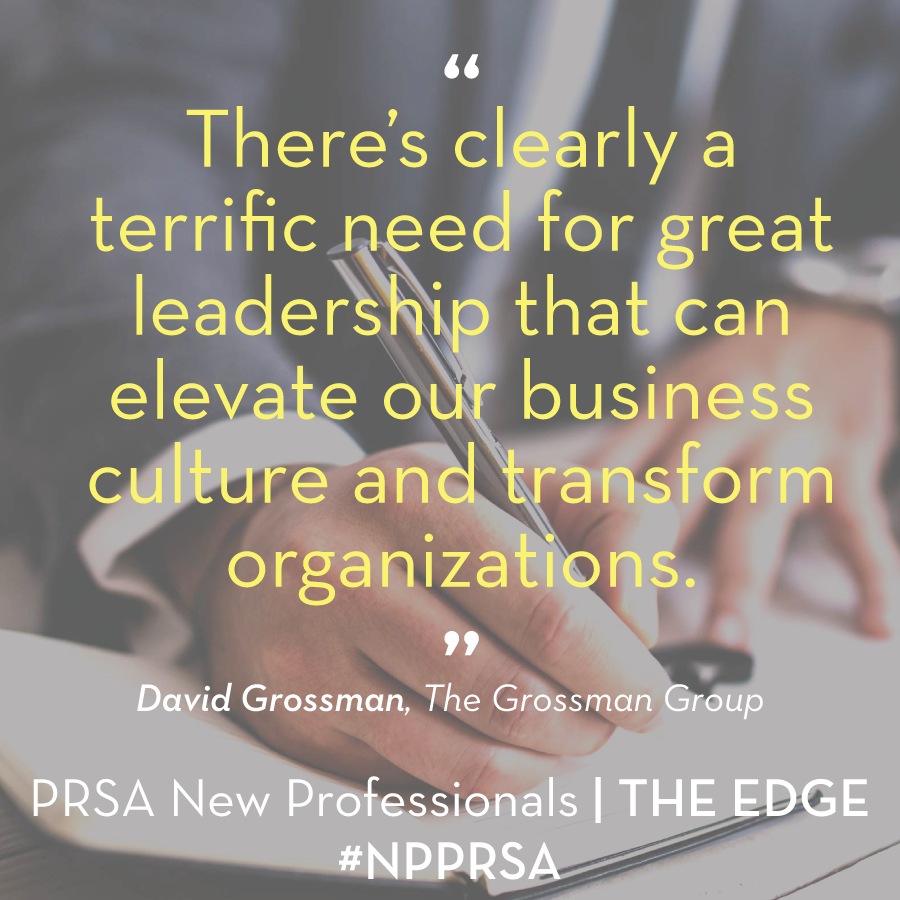

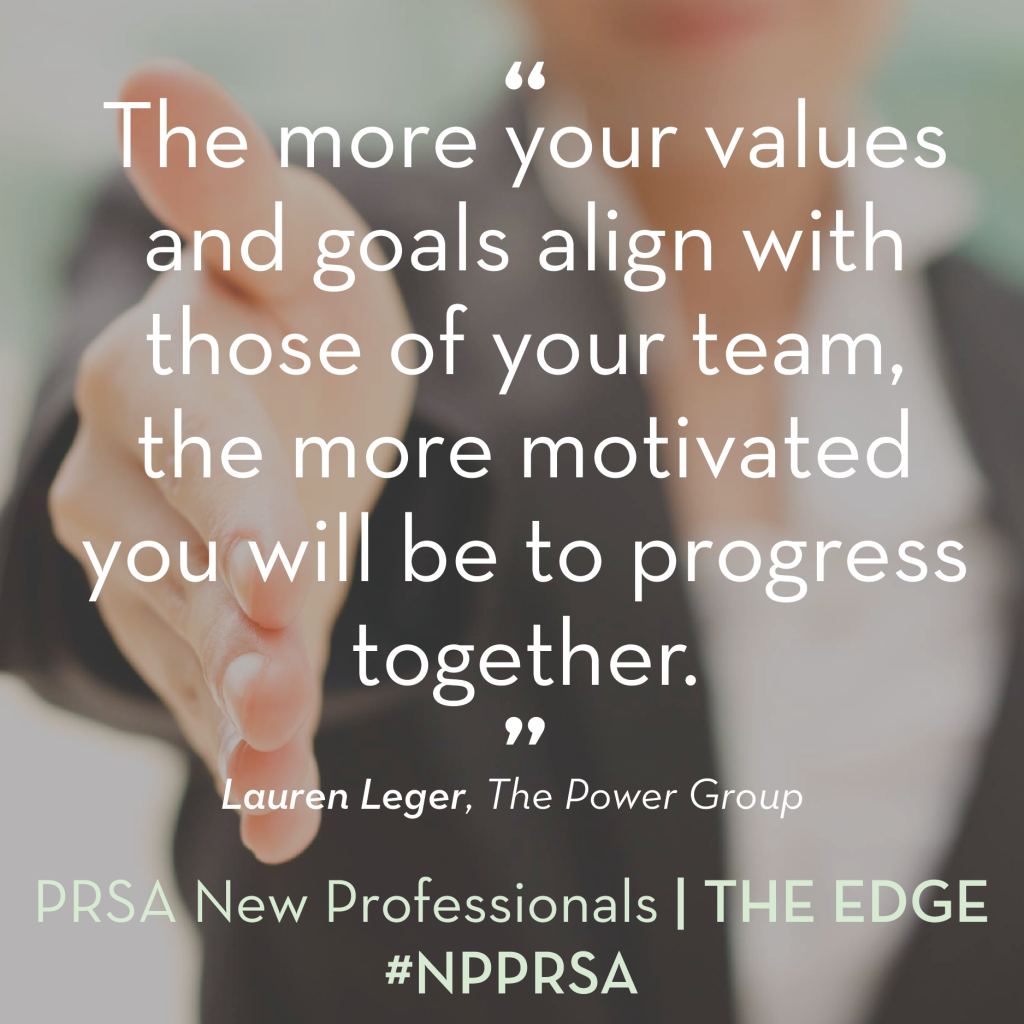 you will be to progress together. Carefully notice those who speak with you throughout the interview process. What kinds of questions are they asking? How do they treat you? What’s their body language? All of these things can provide insight into their values and work style. If you don’t feel like it’s a fit, it’s probably not, and you’ll likely run into roadblocks in the job as a result. Go with your gut impression of people and be sure to consider how it will affect your day to day at work. If you don’t consider values in the job search, you may find yourself working with people who are not likeminded, facing an uphill battle every day at work – not fun!
you will be to progress together. Carefully notice those who speak with you throughout the interview process. What kinds of questions are they asking? How do they treat you? What’s their body language? All of these things can provide insight into their values and work style. If you don’t feel like it’s a fit, it’s probably not, and you’ll likely run into roadblocks in the job as a result. Go with your gut impression of people and be sure to consider how it will affect your day to day at work. If you don’t consider values in the job search, you may find yourself working with people who are not likeminded, facing an uphill battle every day at work – not fun!
